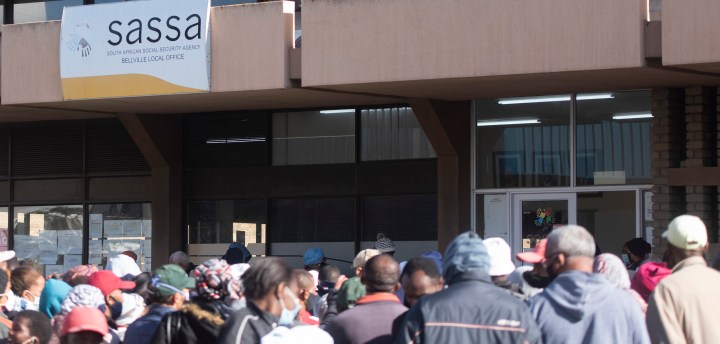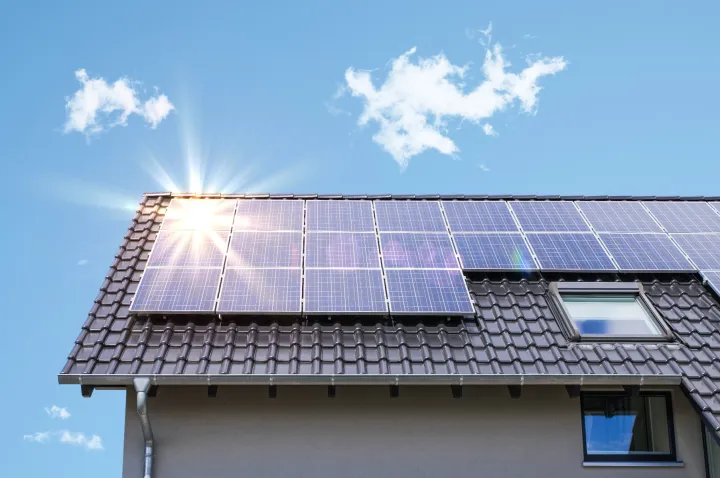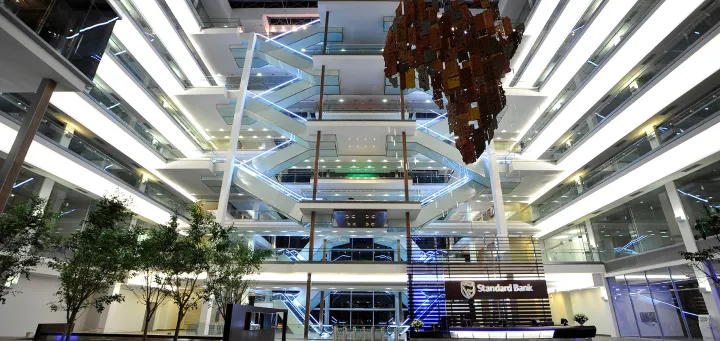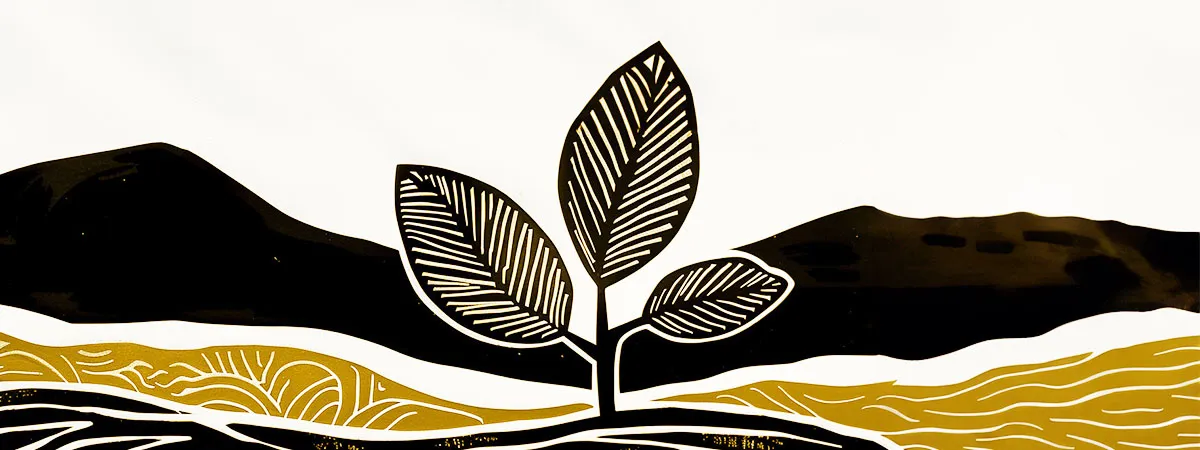BUSINESS REFLECTION
After the Bell: Do 18 million handouts compensate for low economic growth?

A simple calculation shows why growing the economy is so much more effective than handing out grants and why countries that aim for economic growth suddenly start finding standards of living exploding under their feet.
Do you know what is surprising about all the election manifestos? (I hear you muttering “nothing”; don’t be snarky.) It’s that while each nods at an economic growth strategy, none puts it at the centre of their platform. Most talk about the economy from the perspective of job creation, fair enough in the circumstances. But surely making economic growth the absolute core of your promises makes sense even from (especially from) an unemployment standpoint?
I suspect this reflects something deep in SA’s body politic: a kind of economic unease. I don’t want to call it ignorance, because the word has such ugly connotations of inferiority and superiority. But in the sense of being unfamiliar or oblivious, there is a sort of ignorance.
Let me see if I can help here. The ANC is promising in its manifesto to implement a basic income grant by extending and improving the value of the Social Relief of Distress (SRD) grant. This is the old Covid grant for people who have “insufficient means”. In total, about 18 million grants, of which about 8.5 million are SRD grants, are being paid to 11.5 million people in SA. We are now, I suspect, the country that distributes by far the largest quantum and value of grants. We are Global Grant Central. Ba-dum-tss.
The SRD grant is R350 a month. So, the question is: If the government aimed for economic growth in preference to the SRD grant, what kind of growth would be necessary to achieve that much more income per household? This is the kind of question which is appropriate for a massive, in-depth economic study with graphs, specific indicators and historical data.
Fortunately, I’m able to do it on the back of a cigarette box. Not that I have a cigarette box. And there are caveats. Big caveats. And lots of them. But anyway, just as an illustration.
The back-of-the-cigarette-box version works like this: SA’s per capita GDP is $7,055.04. To be clear, per capita GDP is the market value of all goods and services produced within an economy, typically in any given year, divided by the population. That’s currently around R148,000 a year. If the country grows at, say 3%, then GDP per capita grows by around R5,400 a month.
And what do you know? That is R370 per month per person. So, to effectively replace the SRD grant, all SA needs to do is grow by the global average. Any growth beyond that, the numbers start accelerating. Hence, if SA grows at 5% a year, which is not an impossible task, then everybody’s value to the economy grows by R617 per month.
And this is everybody; young, old, decrepit and the Springboks. This simple calculation shows why growing the economy is so much more effective than handing out grants and why countries that aim for economic growth suddenly start finding standards of living exploding under their feet. Essentially, the reason is that the effect is compounding, because after two years of adding 5%, for example, you haven’t added 10%, you are also adding 5% to the 5% you added the previous year. And so on.
Why is this so difficult to embrace? Well, partly because of those previously mentioned caveats which left-leaning economists throw at you by the bucketful.
First, the benefits of growth are never shared equally across the earnings spectrum; in developing economies, the middle gets the most. That doesn’t help the very poor. GDP per capita growth is not the same as earnings growth, and the relationship can be extremely complicated.
It’s complicated partly by wealth distortion, but also by sectoral distortions; in some years mining might flourish, in other years tech workers will outperform. It’s very distorted by home ownership. It’s distorted by tax and sometimes improved by tax. And then it’s very distorted by the unemployed/employed divide; the employed gain more than the unemployed.
It turns out that trying to tease out the relationship between GDP growth and the wealth of people within an economy is difficult. But on the other hand, if you look at history, it’s also kinda obvious. The best example is China; there are huge cities now in China where 20 years ago there was dust.
So, what do you need to do to achieve a growth strategy? That too is not difficult, and many of the political manifestos have some or all of these aspects. Many are very obvious and I’m going to write them down in one sentence — okay, it’s a long sentence, but this is it:
Invest in human capital, technological innovation and infrastructure; develop an effective, simple regulatory framework that’s transparent, fair and protects property rights; keep your macroeconomy stable; liberalise trade; support small, medium-sized and large businesses (all of them); promote entrepreneurship; protect the environment; encourage social inclusion; and collaborate with as many other countries as you can.
There. One sentence, people. One sentence.
Contrast that with what SA actually does. SA has a massively complex, deliberately unfair regulatory framework and undermines property rights; an anti-business posture; a thudding, big-footed approach to innovation and entrepreneurship; and a fluctuating currency. Our foreign relations are unfathomable. The infrastructure damage is just too obvious to mention.
Essentially, what is happening here is that the government has failed in almost every dimension of a growth plan, and the result is … no growth.
Surprise. DM
Daily Maverick has closed comments on all elections articles for the next two weeks. While we do everything in our power to ensure deliberately false, misleading and hateful commentary does not get published on our site, it’s simply not possible for our small team to have sight of every comment. Given the political dynamics of the moment, we cannot risk malignant actors abusing our platform to manipulate and mislead others. We remain committed to providing you with a platform for dynamic conversation and exchange and trust that you understand our need for circumspection at this sensitive time for our country.

















